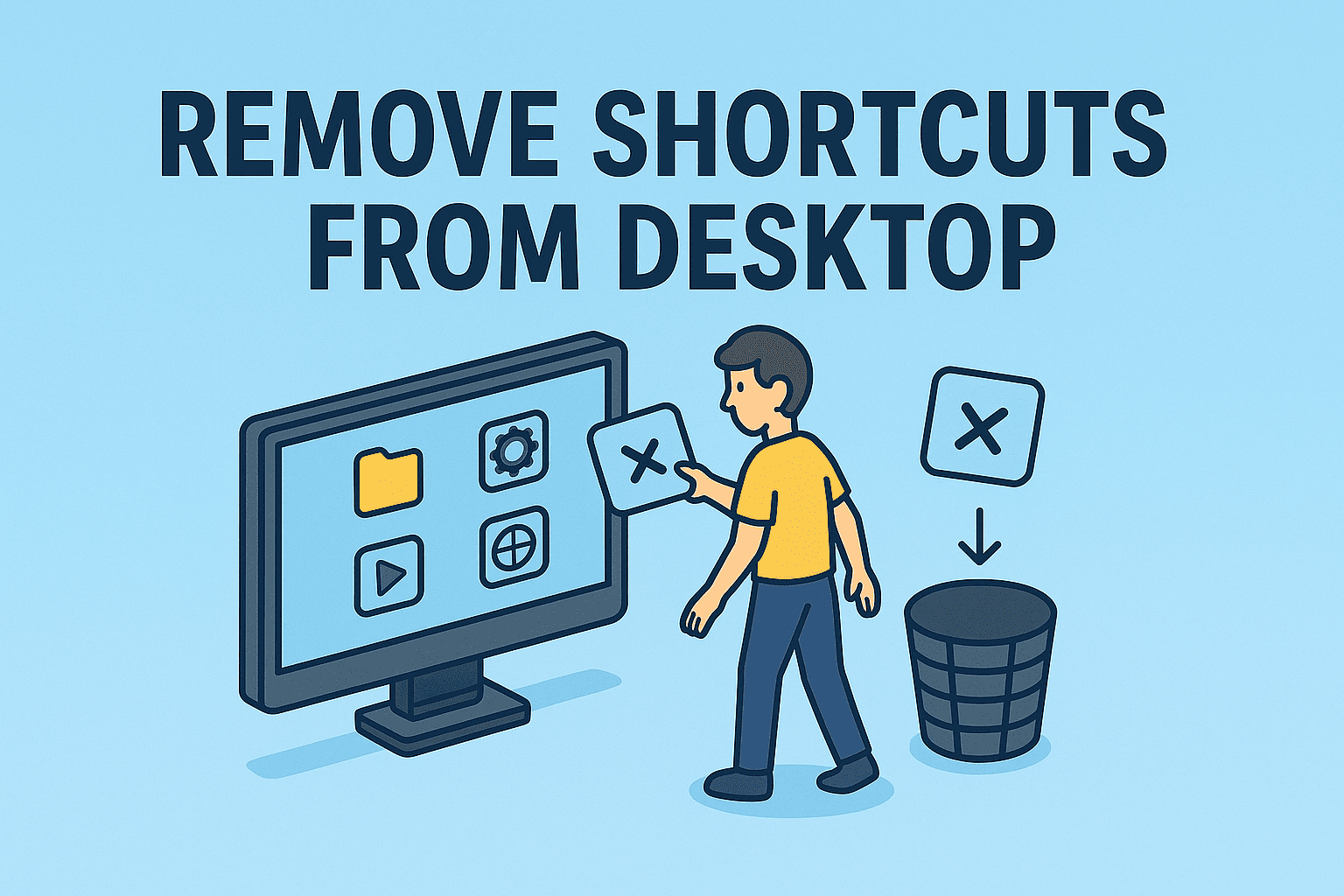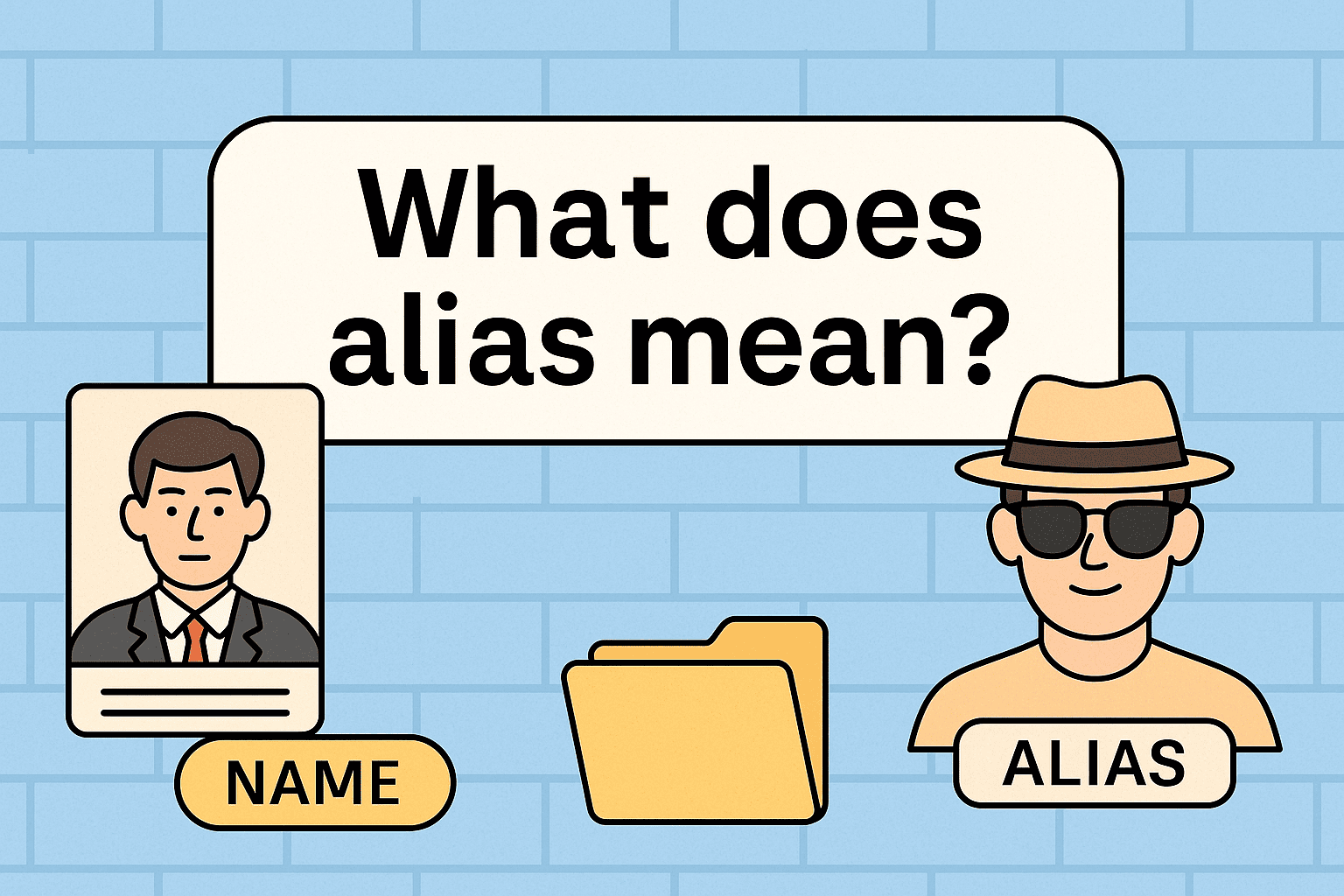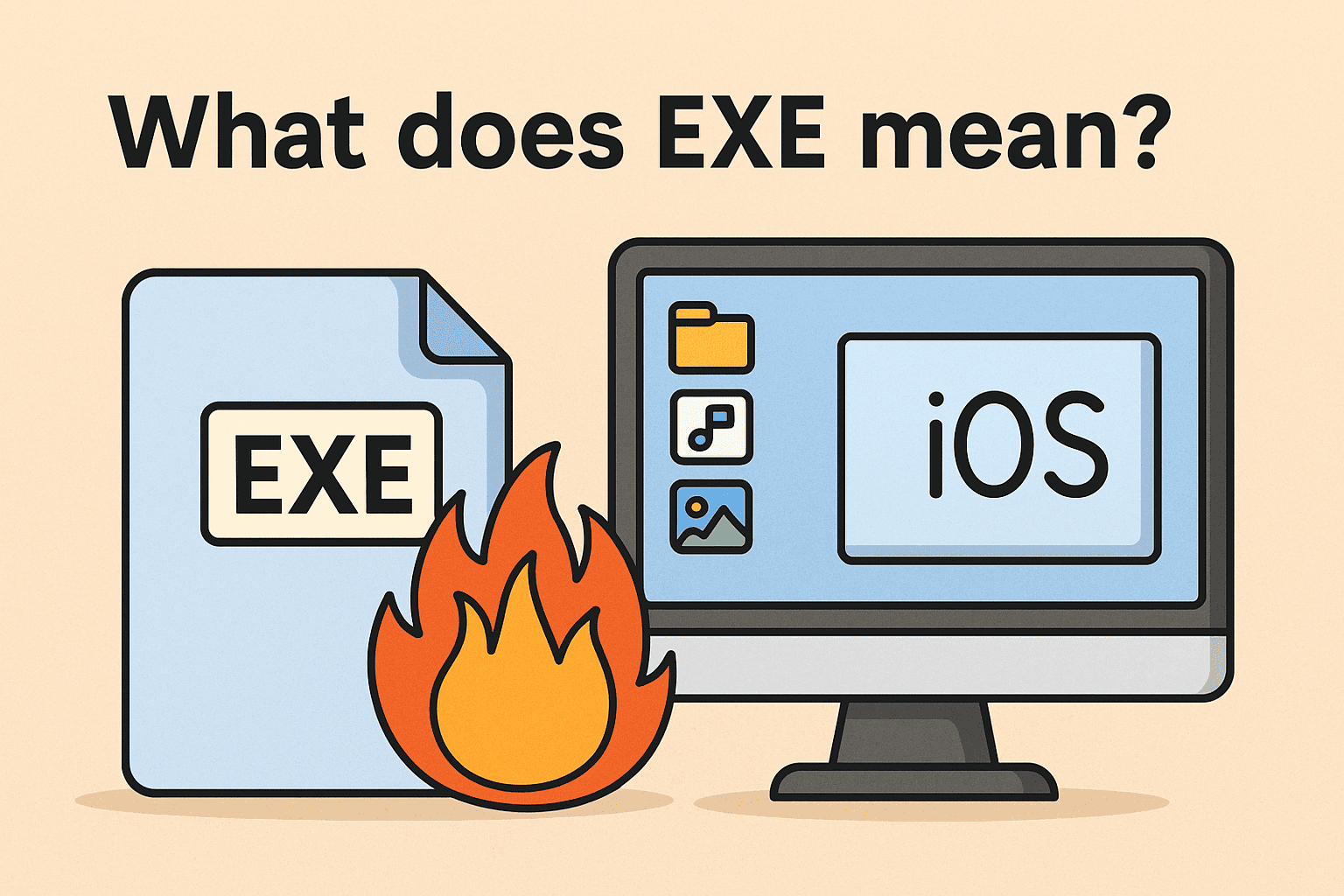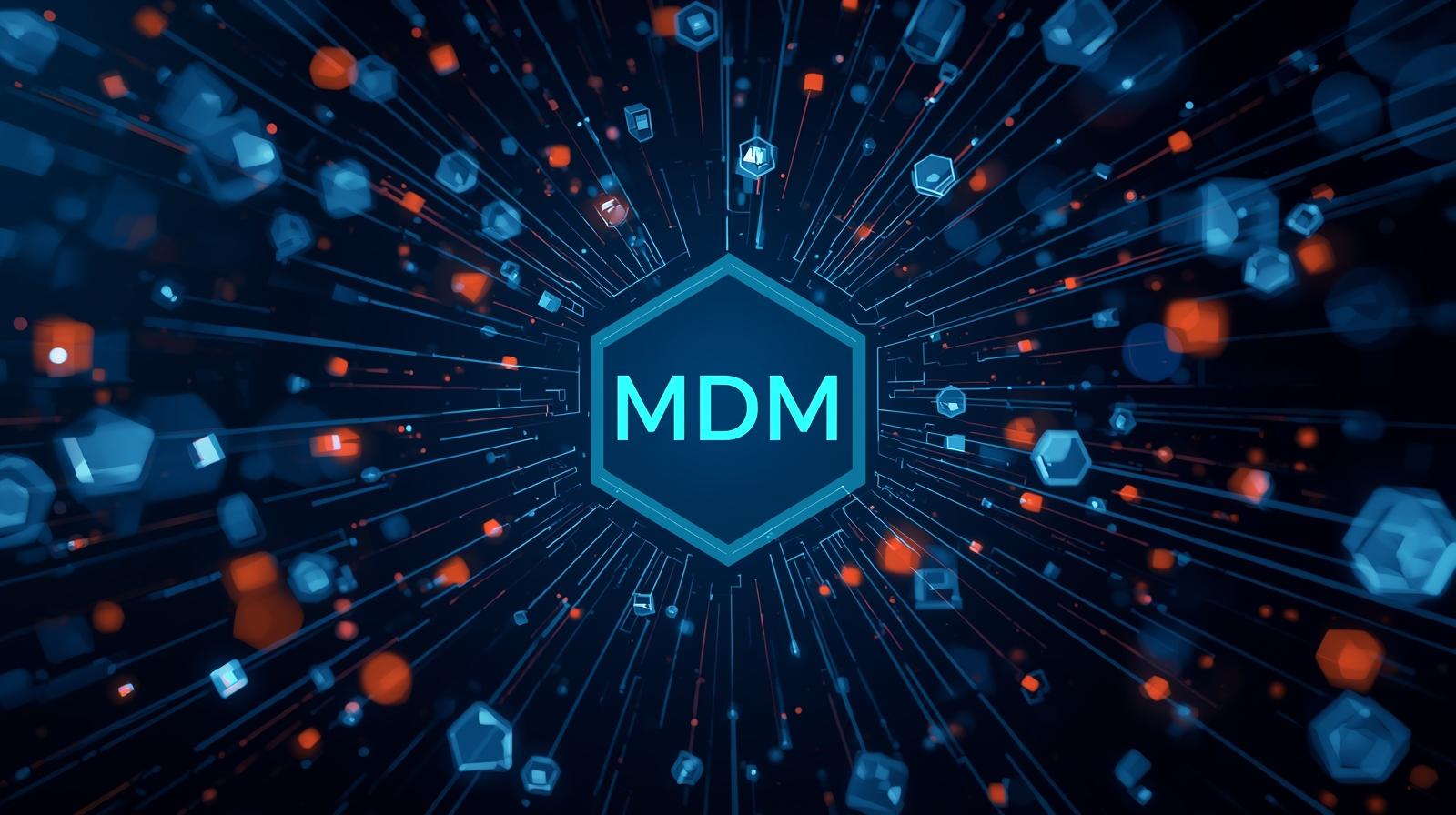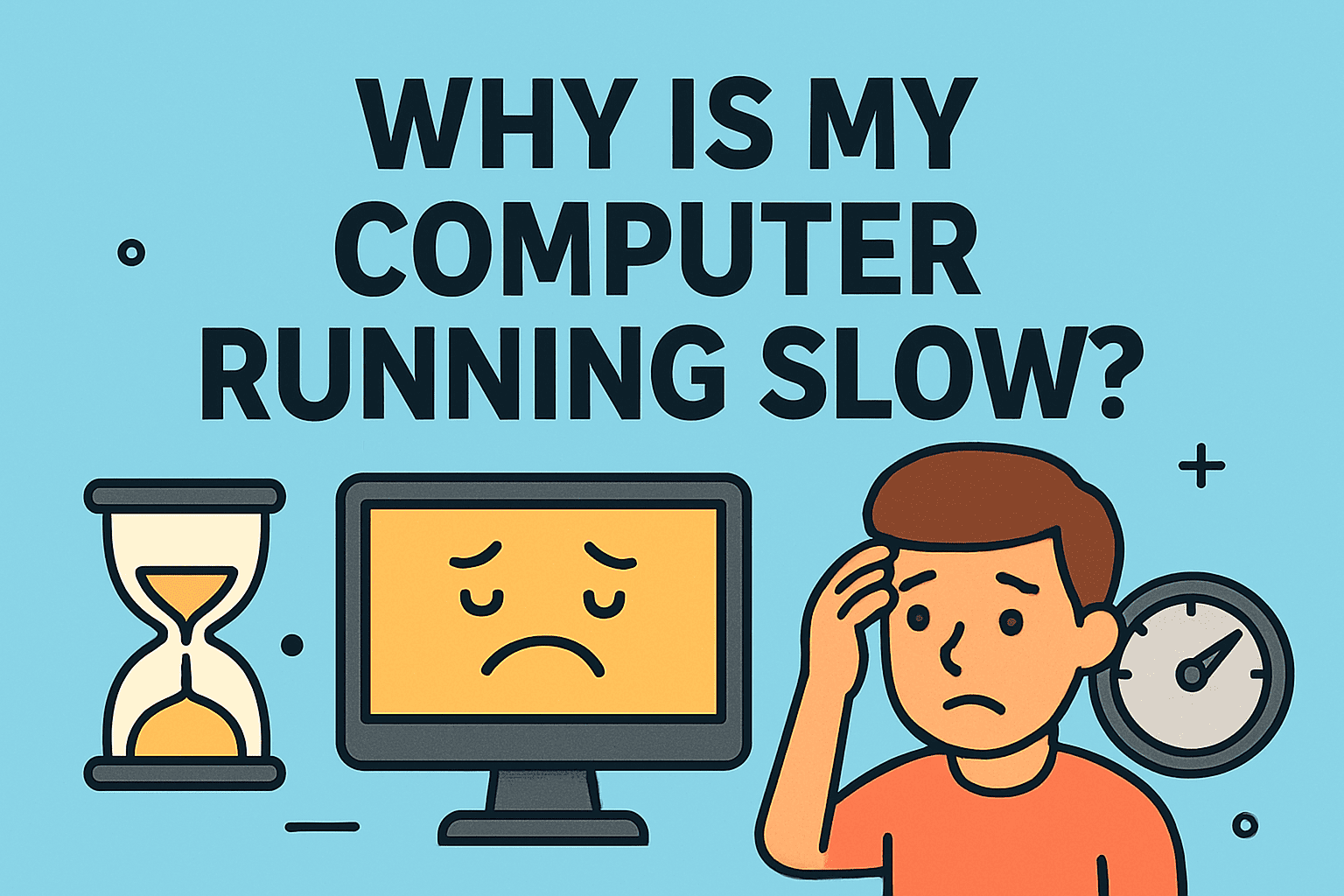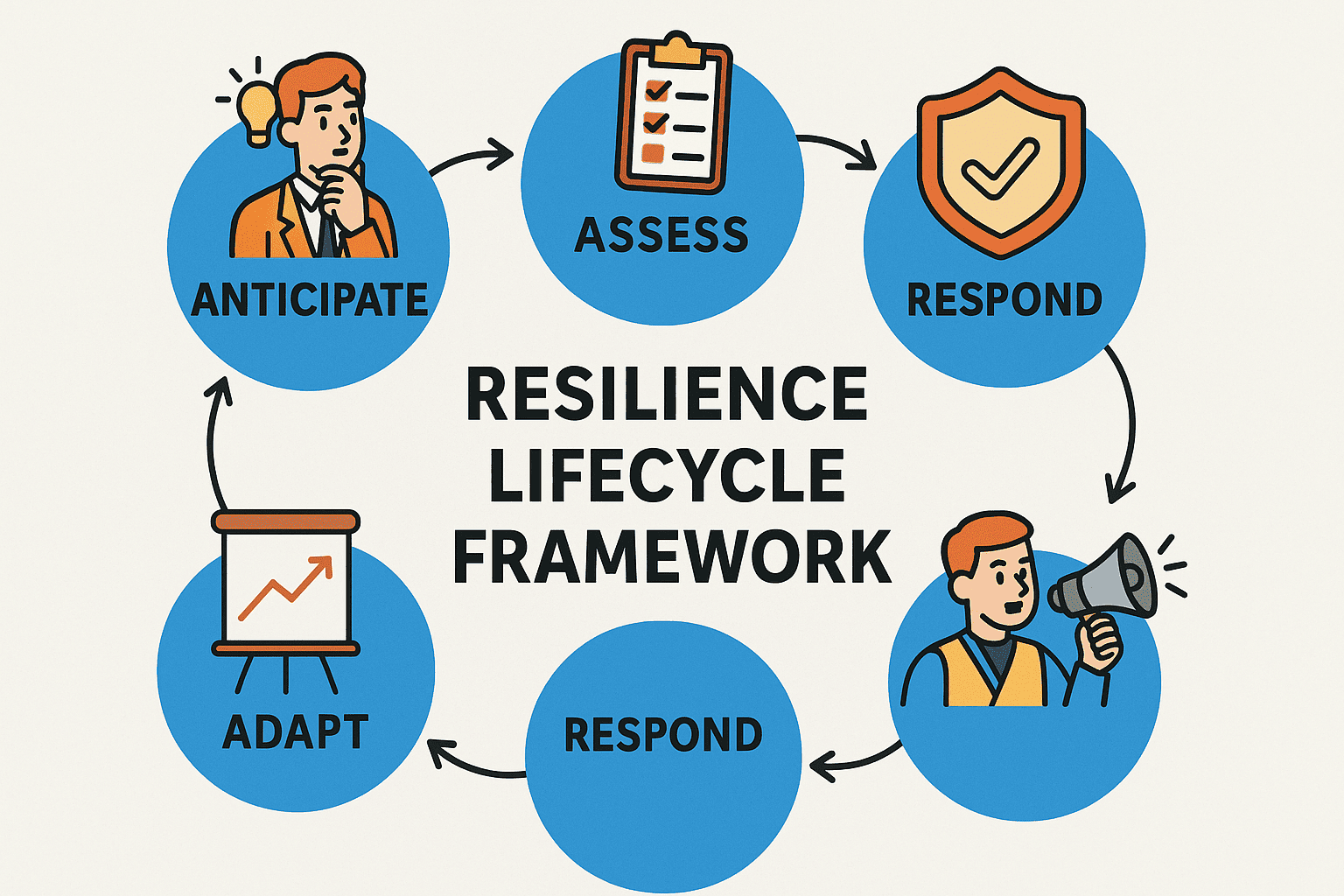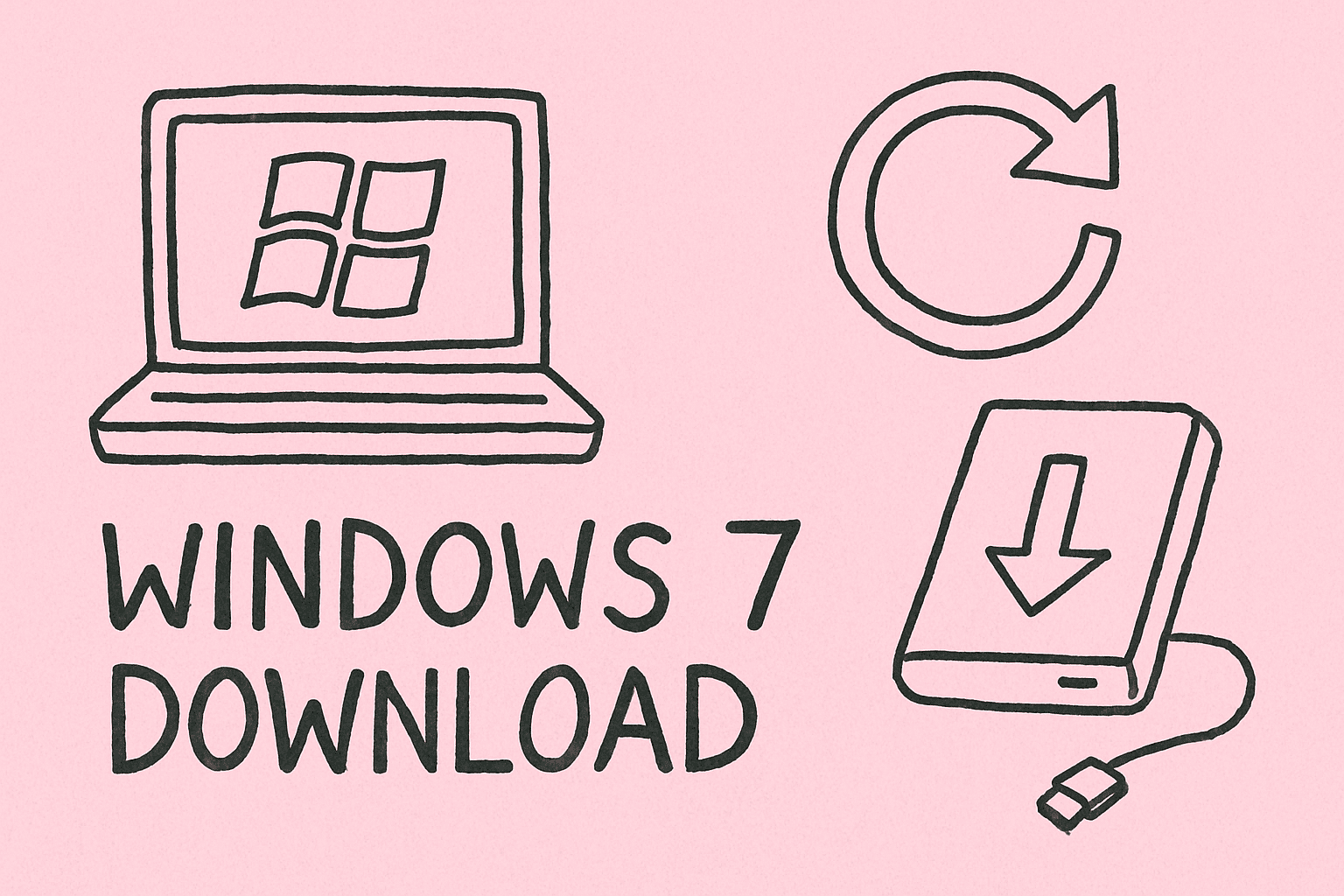Exploring the Power of Tactical RMM for IT Management
Updated on November 25, 2025, by ITarian

As businesses grow more dependent on remote infrastructure and distributed systems, tools designed to streamline monitoring and automation are becoming essential. One such tool gaining rapid traction is tactical RMM—a lightweight, open-source remote monitoring and management platform used widely by IT professionals, MSPs (Managed Service Providers), and cybersecurity teams. If you’ve been searching for a modern, flexible, and highly customizable RMM solution, Tactical RMM has likely appeared on your radar.
Understanding what Tactical RMM offers, how it compares to full-scale RMM platforms, and where it fits into a modern IT environment is key. This article explores its capabilities, strengths, limitations, and why IT teams looking for cost-efficient remote management solutions often consider Tactical RMM an appealing option.
What Makes Tactical RMM Stand Out
Tactical RMM is known for being lightweight, flexible, and community-driven. It is designed with the needs of MSPs and IT administrators in mind, especially those who want a highly customizable solution without the cost associated with commercial RMM platforms.
Core attributes that make Tactical RMM attractive:
-
Completely open-source
-
Highly customizable and scriptable
-
Faster and lighter than many commercial RMM suites
-
Designed specifically for efficient, secure remote management
-
Offers fine-grained control over automation, patching, and monitoring
-
Supported by an active community of IT professionals
While other RMM tools may come with extensive dashboards, Tactical RMM prioritizes functionality, speed, and control.
Understanding Tactical RMM: A Closer Look
What Exactly Is Tactical RMM
Tactical RMM is an open-source remote monitoring and management tool built for MSPs and IT teams that need visibility into endpoints, automation options, script management, and remote access. It focuses on core RMM capabilities without unnecessary bloat.
Who Uses Tactical RMM
-
Managed Service Providers
-
IT consulting firms
-
Cybersecurity teams
-
Small and mid-size businesses
-
IT teams with limited budgets
-
Technical administrators who need full control
Its flexibility makes it ideal for environments where traditional RMM tools might be too rigid or expensive.
Key Features of Tactical RMM
To understand why Tactical RMM is gaining popularity, let’s look at its core capabilities.
Automation and Scripting
One of the strongest features of Tactical RMM is its automation system.
Capabilities include:
-
Scheduled automations
-
Real-time script execution
-
Powerful scripting support (PowerShell and other languages)
-
Trigger-based actions
-
Policy-based automation
This allows MSPs to automate repetitive tasks, reduce errors, and enhance efficiency.
Remote Access and Support Tools
Tactical RMM integrates seamlessly with remote access applications such as:
-
MeshCentral
-
RustDesk
-
Any third-party tools configurable via API
This flexibility allows IT teams to use tools they prefer rather than being locked into a vendor-specific remote access product.
Patch Management
Patch compliance is a necessary part of cybersecurity and IT hygiene.
Tactical RMM supports:
-
Automatic OS patching
-
Logging and patch compliance reporting
-
Scheduling updates and reboots
-
Vulnerability mitigation through timely patch deployment
Though not as advanced as large commercial RMM solutions, it provides a solid foundation for maintaining secure endpoints.
Monitoring and Alerts
Monitoring is critical for any RMM tool, and Tactical RMM offers robust capabilities such as:
-
System performance monitoring
-
Event log detection
-
Hardware and software inventory
-
Real-time alerting
-
Threshold-based monitoring
IT teams can create custom triggers based on CPU, memory, disk usage, or service failures.
Policy-Based Management
Policies allow administrators to maintain consistency across devices and networks.
With policies, you can:
-
Apply automated tasks
-
Assign scripts
-
Define monitoring conditions
-
Enforce patching rules
This creates predictable, standardized behavior across endpoints.
User and Device Management
Tactical RMM includes:
-
Detailed device information
-
Software inventory
-
Hardware specifications
-
Logged-in user sessions
-
Role-based access controls
Administrators can manage users and endpoints with clear visibility.
Web-Based Dashboard
The central dashboard provides:
-
System status reporting
-
Alerts and logs
-
Scripting controls
-
Automation scheduling
-
User management tools
It is lightweight, responsive, and optimized for speed.
Why IT Teams Choose Tactical RMM
Tactical RMM stands out for several compelling reasons that appeal to technical leaders.
Cost Efficiency
Because it is open-source, Tactical RMM is free to install and operate. For many growing IT companies or businesses with limited budgets, this makes it a cost-effective alternative to expensive enterprise RMM suites.
High Level of Control
Unlike proprietary RMM systems, Tactical RMM lets teams control:
-
Deployments
-
Server hosting
-
Data handling
-
Security configurations
This is ideal for MSPs who want maximum control over their infrastructure.
Lightweight and Fast
Tactical RMM is not weighed down by excessive integrations or unnecessary features. It focuses on the essentials—making it fast, responsive, and easy to deploy.
Flexible Integrations
Teams can integrate Tactical RMM with:
-
Remote access tools
-
SIEM platforms
-
Automation scripts
-
Ticketing systems
-
Security monitoring tools
Its API-driven design allows teams to create customized workflows.
Community Support and Transparency
Being open-source means:
-
Development is transparent
-
Community contributions enhance quality
-
Bugs can be addressed quickly
-
Users can fork or customize the code
Many MSPs appreciate this openness compared to closed-source RMM vendors.
Comparing Tactical RMM With Commercial RMM Tools
Tactical RMM strikes a unique balance but also has its limitations.
Strengths:
-
No licensing costs
-
Deep customization
-
Transparent codebase
-
Lightweight deployment
-
Script-friendly automation
Potential Limitations:
-
No built-in ticketing system
-
Deployment may require technical skill
-
Smaller support ecosystem than commercial vendors
-
Limited enterprise reporting compared to enterprise RMM tools
However, for many MSPs and IT teams, these trade-offs are well worth the benefits.
Tactical RMM Use Cases for IT Teams
Tactical RMM is incredibly versatile.
Ideal use cases include:
-
Small MSPs needing low-cost RMM
-
IT teams managing remote employees
-
Cybersecurity teams monitoring endpoints
-
Businesses transitioning from manual IT processes
-
Organizations requiring custom automations
-
Environments with lightweight infrastructure needs
Whether you’re controlling dozens or hundreds of devices, Tactical RMM can fit into a variety of workflows.
How Tactical RMM Supports Cybersecurity Teams
Cybersecurity professionals benefit from the platform’s monitoring and automation features.
Tactical RMM helps security teams:
-
Detect unauthorized access attempts
-
Monitor system logs for suspicious events
-
Automate patching and updates
-
Enforce security baselines
-
Remove unwanted applications
-
Capture forensic data
-
Generate device health reports
These features strengthen endpoint security and resilience.
IT Management Challenges Tactical RMM Helps Solve
IT teams often struggle with:
-
Manual patching
-
Unmonitored endpoints
-
Slow helpdesk response times
-
Lack of automation
-
Inconsistent update cycles
-
Poor visibility into user devices
Tactical RMM addresses these issues with automation, monitoring, and centralized control.
How Tactical RMM Fits Into Modern Remote Work Environments
With remote work increasing, IT teams need tools that allow remote oversight without friction.
Tactical RMM is ideal for:
-
Remote onboarding
-
Continuous endpoint monitoring
-
Distributed workforce management
-
Zero-touch automation workflows
It promotes a proactive IT strategy rather than a reactive one.
Tactical RMM Deployment Considerations
Before implementing Tactical RMM, IT teams should understand deployment requirements.
Deployment prerequisites:
-
Self-hosted server (cloud or on-prem)
-
Knowledge of Linux or Windows hosting
-
Experience with Docker containers (optional)
-
Firewall and network configuration
Though simple compared to enterprise RMM platforms, it does require technical expertise.
Strategic Benefits for Business Leaders
For CEOs and founders seeking cost-efficient IT operations, Tactical RMM offers:
Business benefits:
-
Lower IT overhead
-
Greater operational efficiency
-
Enhanced endpoint visibility
-
Streamlined remote support
-
Stronger cybersecurity posture
These advantages make Tactical RMM attractive for SMBs and MSPs managing multiple client environments.
Frequently Asked Questions
1. Is Tactical RMM secure to use?
Yes—when properly configured. Security depends largely on deployment practices.
2. Is Tactical RMM really free?
Yes. It is 100% open-source with no licensing fees.
3. What OS platforms does Tactical RMM support?
Primarily Windows endpoints, with some support for other platforms.
4. Does Tactical RMM replace commercial RMM suites?
For some teams, yes. Larger enterprises may still prefer premium tools.
5. Can Tactical RMM automate patching?
Yes, including OS updates and script-based patch tasks.
Final Thoughts
Tactical RMM continues to evolve as one of the most flexible and cost-effective RMM solutions available to IT teams and MSPs. With powerful automation features, strong monitoring tools, and complete customizability, it empowers IT professionals to streamline operations, strengthen security, and respond proactively to infrastructure needs. While it may lack the polished interfaces or extensive enterprise integrations of premium platforms, Tactical RMM excels in transparency, control, and value—making it an exceptional choice for modern IT management.
If you’re ready to improve automation, device oversight, and endpoint security, you can Start your free trial with ITarian and explore how a fully integrated IT management platform enhances your operational efficiency.

